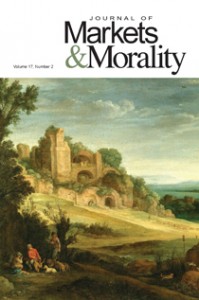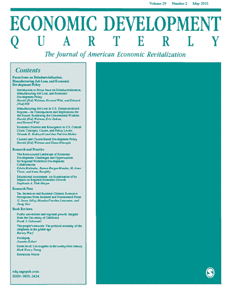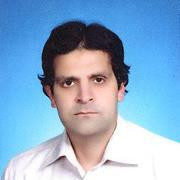Francisco Gómez Camacho has lost an introduction in The Journal of Markets and Morality of a 2005 issue “for improper use of published material without attribution, as well as a a chapter in a collection of 13 scholarly essays by Brill Publishers due to “serious citation issues.”
The introduction — to a translation of another scholars’ work, Luis de Molina’s Treatise on Money — is no longer in the online version of The Journal of Markets and Morality. On the cover page, and in the table of contents, of the treatise, references to the introduction are crossed out. Where it once was in the text — page 5 of the PDF of the treatise — is a short retraction notice:
Continue reading Two retractions cost economic historian book chapter and journal article









